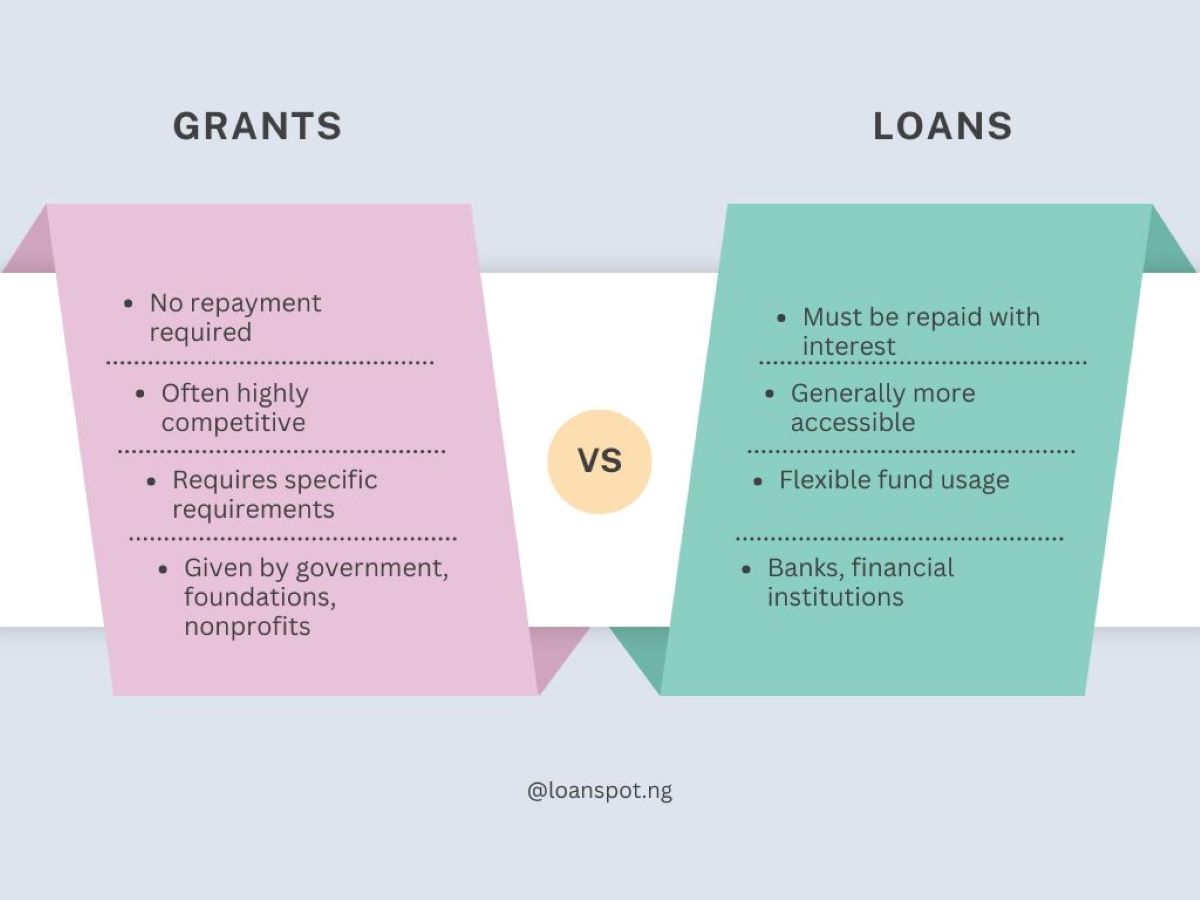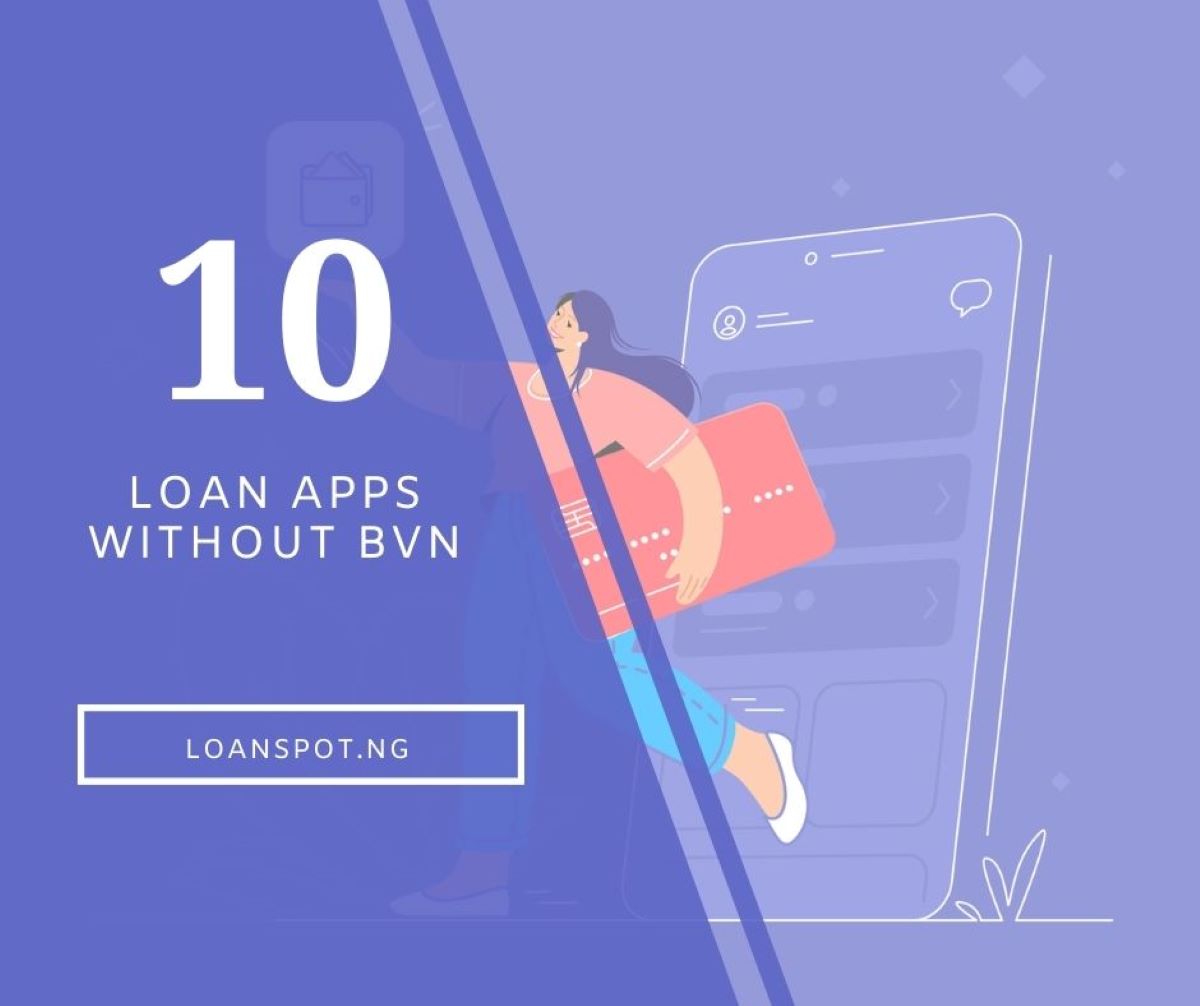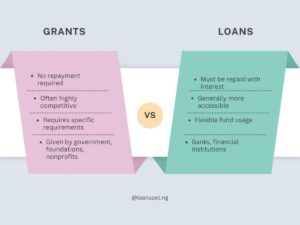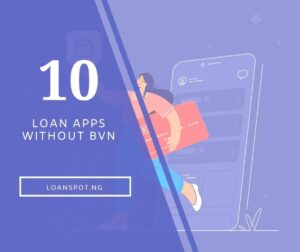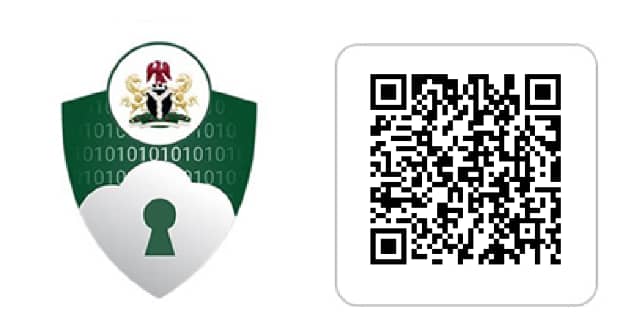I’m sure you’re feeling the squeeze in this Nigerian economy.
We all are!
For many people in Nigeria today, the economy is like being on a roller coaster: exciting for some, but scary for others.
As the cost of living rises and the average Nigerian’s dream of financial security fades, it’s more important than ever to keep track of one’s money.
Recent changes in the economy have made it harder for many people to stay afloat by making every dollar count in their fight to stay afloat.
But not to worry, I’ll help you figure out how to handle your money in these rough times.
Let’s talk about useful ways to stretch your naira, make smart choices, and protect your money from the storm.

Build a Strong Foundation
Knowing where you stand financially is the first step to building a strong base.
To begin, follow these steps:
1. Assess your financial situation
You can assess your financial situation by doing this:
- Income: Make a list of all the ways you make money to start. This could be your regular pay, any side jobs, contract work, renting income, or other ways you make money. The first thing you need to do to figure out how much money you have is to add up all of your pay.
- Expenses: To track spending, categorize your expenses as fixed or variable. Fixed expenses (like rent, mortgage, or car payments) are consistent each month, while variable expenses (such as groceries, entertainment, and dining out) can fluctuate. Use apps like Mint or PocketGuard to monitor your spending habits over a month, providing insight into where your money goes and identifying areas for adjustment.
- Debts: Make a list of all debts, including credit cards, loans, and mortgages, noting down their interest rates and minimum monthly payments. This inventory will help prioritize which debts to pay off first, targeting those with the highest interest rates.
2. Create a Budget (or Revise Existing One)

You can make or change your budget once you have a good idea of your income, spending, and debts.
Start by putting the most important costs first, like rent, bills, and food.
Make sure that your budget covers these first.
Also, use the rest of your cash to save money and pay off your debts.
Building up a savings account for unplanned costs and paying off as much debt as you can are both good ideas.
Most importantly, you might find it easier to keep track of and control your spending if you use planning apps or worksheets.
You can better handle your money with apps like Mint, YNAB (You Need A Budget), and PocketGuard. They group your purchases automatically.
You can connect them to your bank accounts and debit cards to get real-time information.
A simple spreadsheet with sections for income, spending, savings, and loans can also do the job.
This will help you stay organized and on track.
Strategies for Saving and Debt Management
1. Build an emergency fund

An emergency fund is a safety net for your money that you can use in case of sudden costs like medical problems, losing your job, or needing to fix things around the house right away.
Setting aside enough cash to cover your living costs for three to six months is the goal.
Start by saving as little as possible every month, and as your finances get better, slowly increase the amount you save.
This fund will keep you from going into debt when costs come up out of the blue.
Want to get started on building an emergency fund? Check out my post on how to build an emergency fund!
For more tips on saving, check out this guide How To Boost Your Savings
2. Reduce debt strategically
Reducing debt requires a planned approach. Begin by listing all your debts in order of interest rate, from highest to lowest.
Focus on paying off the debt with the highest interest rate first, while maintaining minimum payments on others.
This method, often called the avalanche approach, reduces the amount you pay in interest over time, helping you clear your debts faster.
Regularly reassess your debt plan to ensure it aligns with your current financial situation.
3. Cut back on unnecessary expenses

Examine your spending habits to identify areas where you can cut back. Non-essential expenses, such as dining out, subscriptions, and luxury items, are often the easiest to reduce.
Reevaluate these costs and determine if they are essential or if they can be replaced with more cost-effective alternatives.
Redirecting the money saved from these cuts towards your savings or debt repayment can significantly accelerate your financial progress.
Diversify Your Income Stream
1. Explore side hustles

In the gig economy of today, side jobs are a good way to make extra money.
These could be anything from freelancing in your area to making money with hobbies or skills like baking, crafting, or photography.
You can use online markets like Upwork, Fiverr, and Etsy to sell your goods and skills.
You could also look for jobs in your area, like teaching, pet sitting, or driving for ride-sharing services.
To make extra money without getting too tired, you need to find something that fits your hobbies and routine.
Here are 7 daily businesses in Nigeria you can explore as well.
2. Seek promotions or raises at work
Gaining more responsibility at work can be an easy way to make more money.
You can prepare for this by always doing good work, taking on more responsibility, and showing the company how valuable you are.
Set a time to talk with your boss about your work goals and let them know you’d like a raise or promotion.
Prepare to talk about your achievements, the things you’ve helped with, and the market study you did on average salaries for people with your experience and role.
Not only does getting a rise in pay or a raise increase your income, but it also improves your work possibilities.
In conclusion…
When the economy is bad, managing your money is a constant process that needs your attention, the ability to change, and smart choices.
The economy is always changing, so it’s important to keep up with financial news and tips so you can change your plans to fit these changes.
Check your finances often, make changes to your budget, save, and plan to pay off debt as needed, and stay open to finding new ways to make money.
You can not only handle economic uncertainty but also build a strong base for long-term financial health and security by staying aware and adaptable.
Remember that being able to adapt and respond effectively to changes in the economy is the key to being financially stable.
